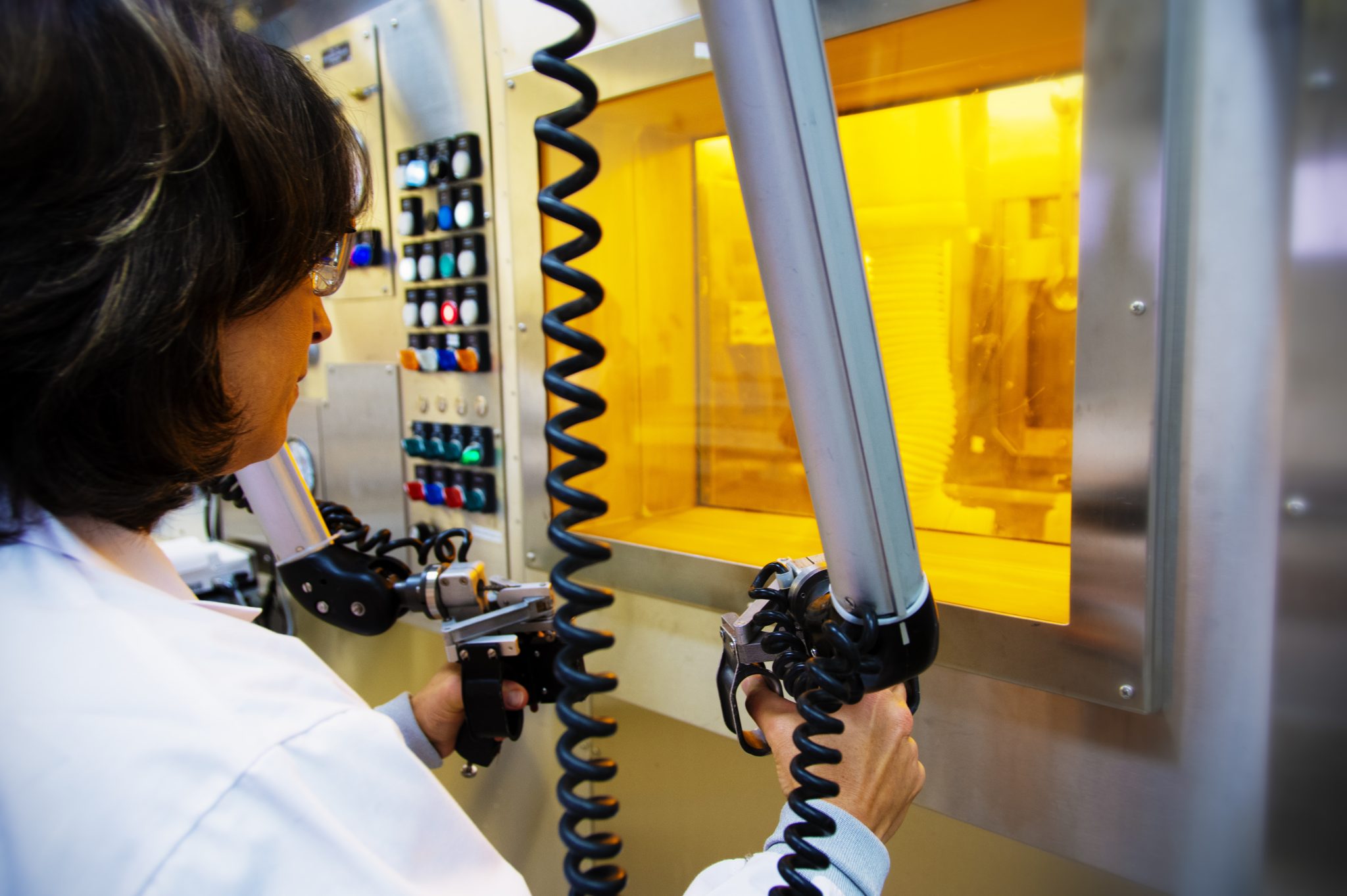“Big deal” news on Darlington Nuclear medical isotopes production on Thursday agenda from Toronto hospital
Published March 6, 2024 at 12:17 pm

The delivery of cancer-fighting medical isotopes at Darlington Nuclear Generating Station will be getting a major boost from Laurentis Energy Partners and Boston Scientific, with the details on a new development in the production of the life-saving isotopes being announced Thursday at Princess Margaret Hospital in Toronto.
Laurentis is at the testing stage for a targeted delivery system for the isotopes – which have been produced at Darlington since early last year – and is preparing for commercial production.
Barb McKay, a Senior Communications Advisor with Laurentis, said the details are embargoed until Thursday’s 1 p.m. announcement but promised the new development to be a “very big deal.”
Ontario Health Minister Todd Smith and Energy Minister Todd Smith, along with Laurentis CEO Jason Van Wart and Boston Scientific President Peter Pattison will be speaking at the Princess Margaret event.
With the installation of an innovative isotype system in January 2023 at Darlington, Molybdenum-99 (Mo-99) medical isotopes can now be produced in Clarington, continuing a decades-long isotope tradition started at the Pickering nuclear plant.
(Mo-99 is used to produce Technetium-99 metastable, one of the most prevalent diagnostic imaging agents in nuclear medicine, helping to detect illnesses like cancer and heart disease.)

Pickering nuclear has been harvesting Cobalt-60 for many years, with the isotope loaded into flasks and shipped to a health-sciences company in Ottawa, where it is manufactured into a finished product and shipped for use around the world.
The isotope extracted from a single Pickering reactor – harvested every 24 to 30 months – can yield enough Cobalt-60 to sterilize 3.5 billion syringes per harvest. About half the world’s Cobalt-60, used in medical radiotherapy and in sterilizing single-use medical devices such as syringes, gloves, implants, and surgical instruments, comes from Ontario nuclear plants.
Because of the unique design of Darlington’s CANDU reactors, medical isotopes can be produced without interrupting the generation of clean energy and Ontario Power Generation CEO Ken Hartwick called the Darlington announcement from last year an “exciting milestone,” especially for patients in need.
“Ontario’s nuclear generating stations have demonstrated for decades their value extends beyond producing reliable, affordable, clean energy. I’m proud of the role our employees and stations play in providing life-saving medical isotopes to the world.”
Smith was at the Darlington announcement in 2023 and said Ontario is “leading the way” in the production of medical isotopes by leveraging its nuclear generation stations and supply chain. “Production of Molybdenum-99 at Ontario’s Darlington Nuclear Generating Station, a world-first for a commercial power reactor, will create a steady global supply of radio-pharmaceuticals which help our healthcare system detect illnesses like cancer and heart disease,” the provincial Energy Minister said.
Historically, Mo-99 has been produced within research reactors using uranium as a starting material. But the generator at Darlington uses natural molybdenum targets irradiated in-house, greatly reducing waste by-products.
In the future, the newly installed system may be used to produce other medical isotopes. Darlington currently produces Helium-3 and Tritium, with plans underway to produce Cobalt-60 – the same material now extracted from the reactors at Pickering.
To see a video on how Mo-99 is produced, check out https://www.youtube.com/watch?v=S-pCcy8LqRA
Thursday’s announcement from Princess Margaret Hospital will be live-streamed on Laurentis’s YouTube channel.
INdurham's Editorial Standards and Policies





